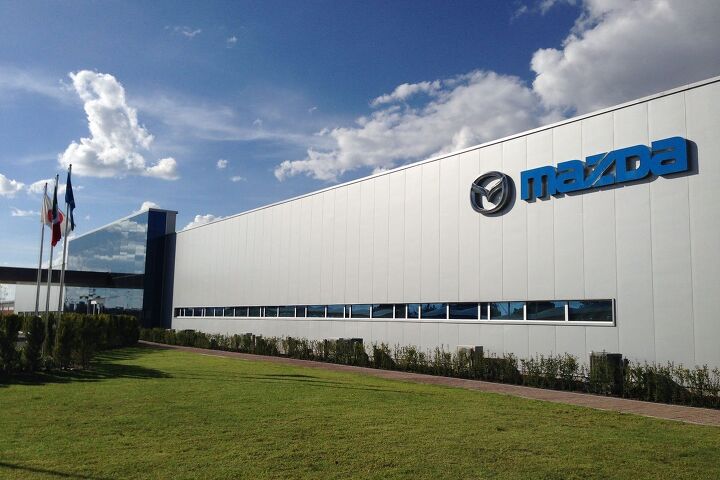#JimO'Sullivan
Longtime Mazda NA CEO O'Sullivan Retiring, Moro Stepping In
Mazda North American Operations CEO Jim O’Sullivan on Monday announced that he will retire at the end of the year and will be replaced by Mazda global sales chief Masahiro Moro. O’Sullivan has led Mazda for more than a decade, out from under Ford ownership and into a small, independent — but growing — U.S. automaker.
O’Sullivan took over in 2003 and helped guide the company during its split from Ford five years later. He also led Mazda through the recession and helped raise money for its facility in Mexico, which opened last year.
Moro is a longtime Mazda employee who first joined the automaker in 1983, according to the company. Most recently, Moro was responsible for global sales and marketing and has been vice president for marketing in Europe. Moro also served as director for Mazda in Australia between 2012 and 2013.
Mazda's Entire Line 'Up For Discussion' In Future Salamanca Expansion Plans
Sometime in the future, your next Mazda6 could be assembled and shipped to the showroom from Mazda’s factory in Salamanca, Mexico.
















Recent Comments